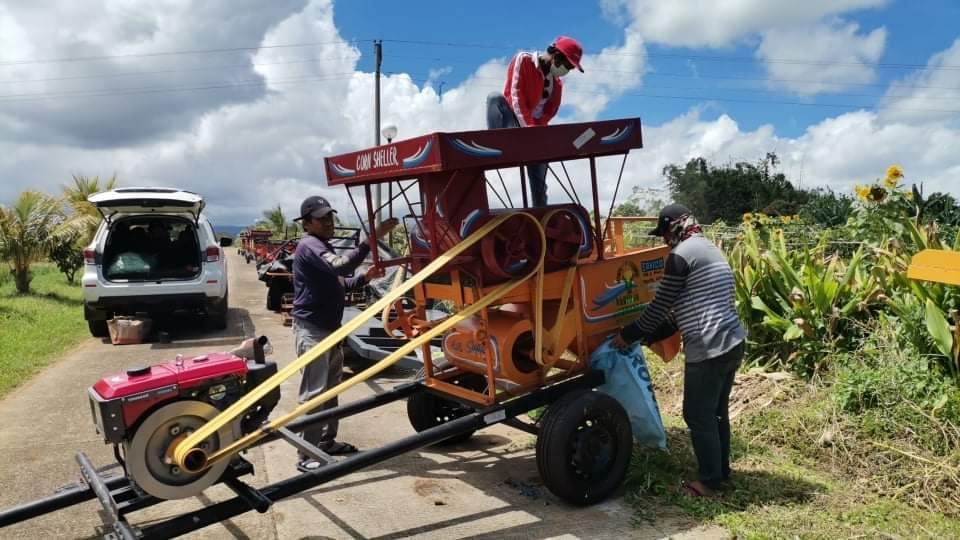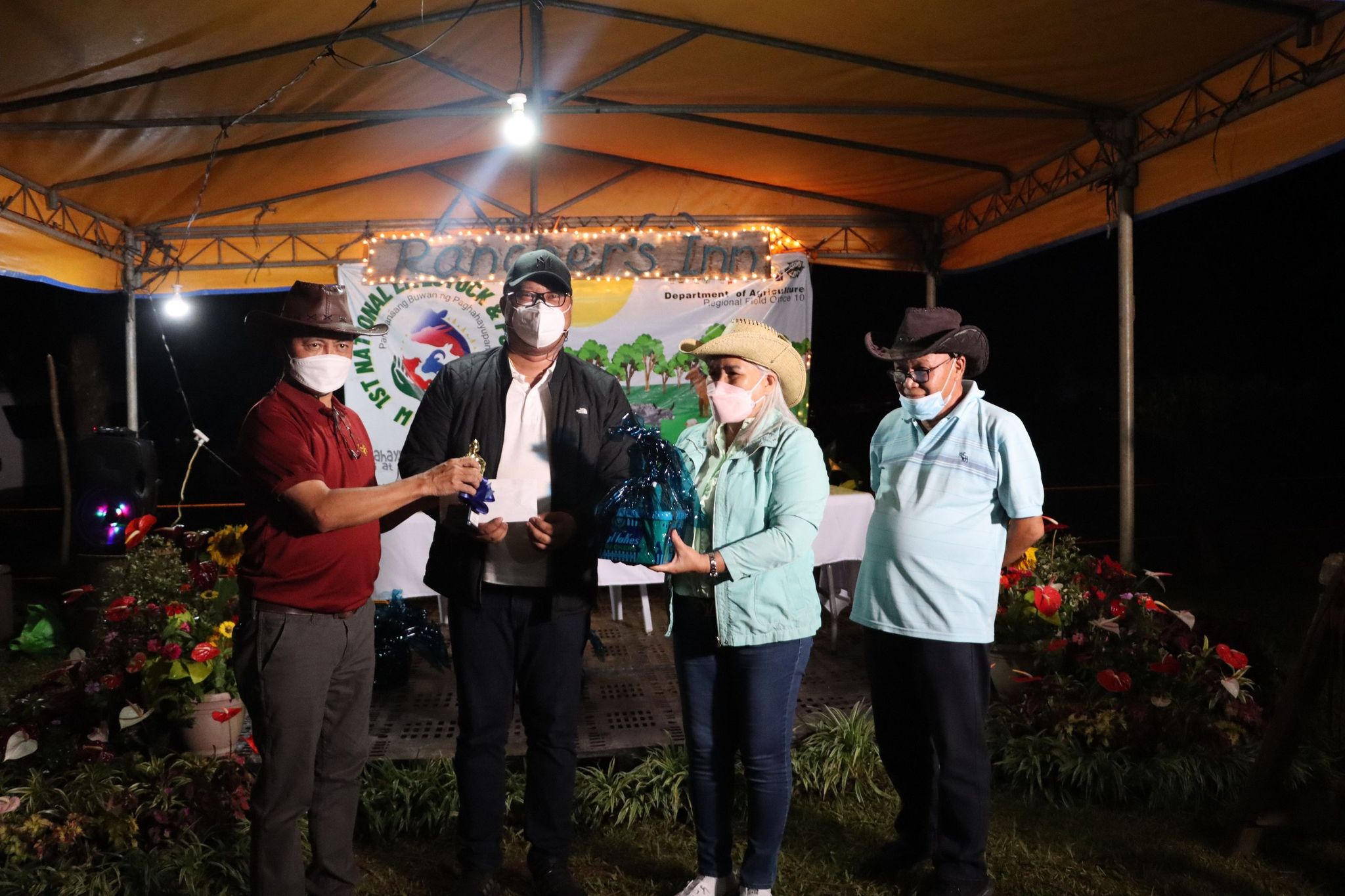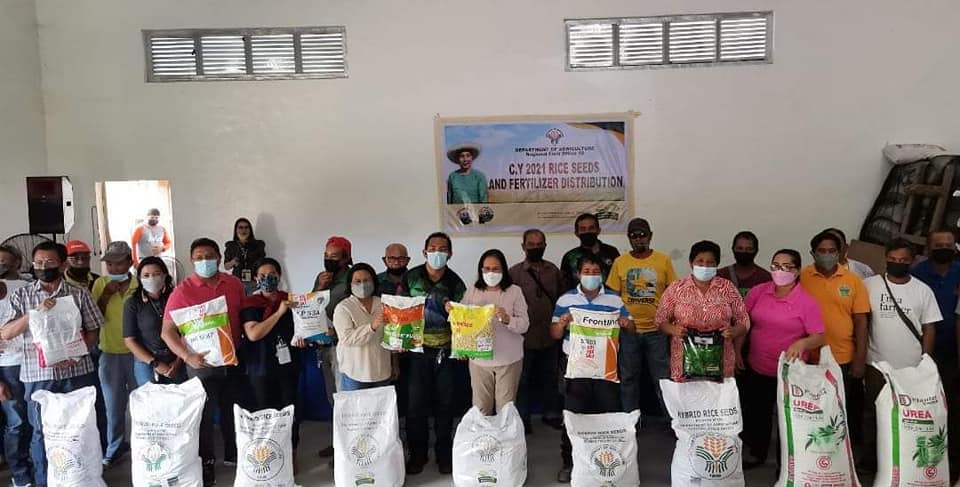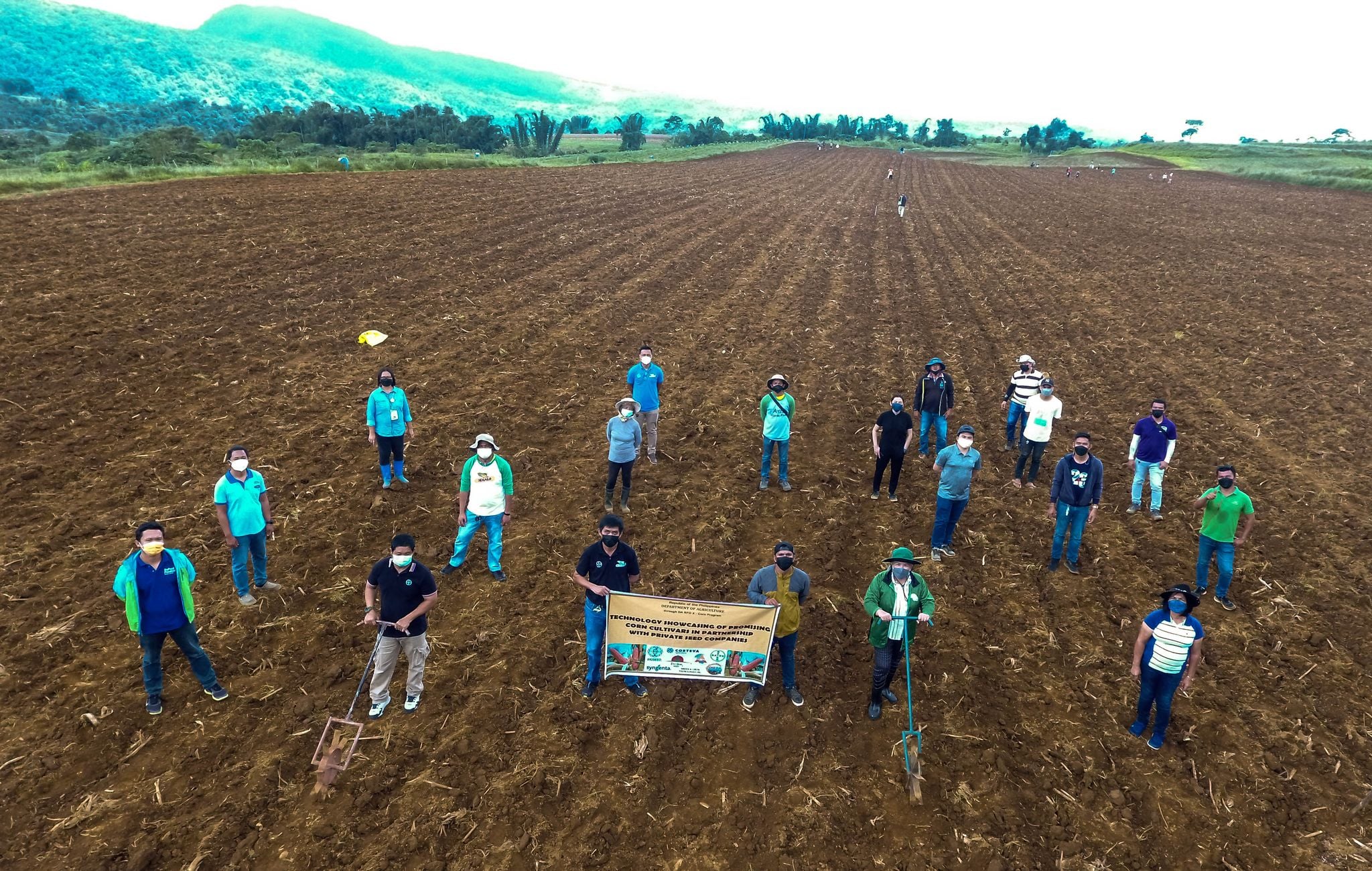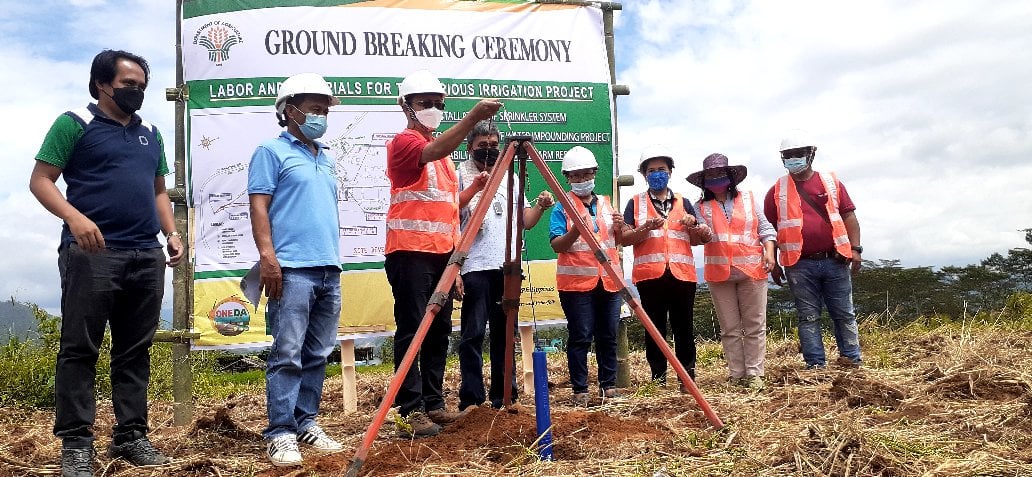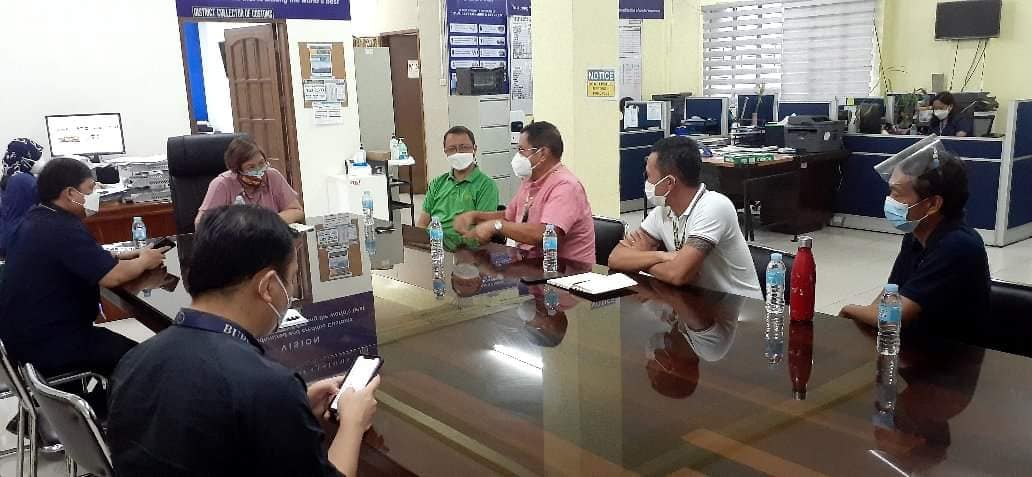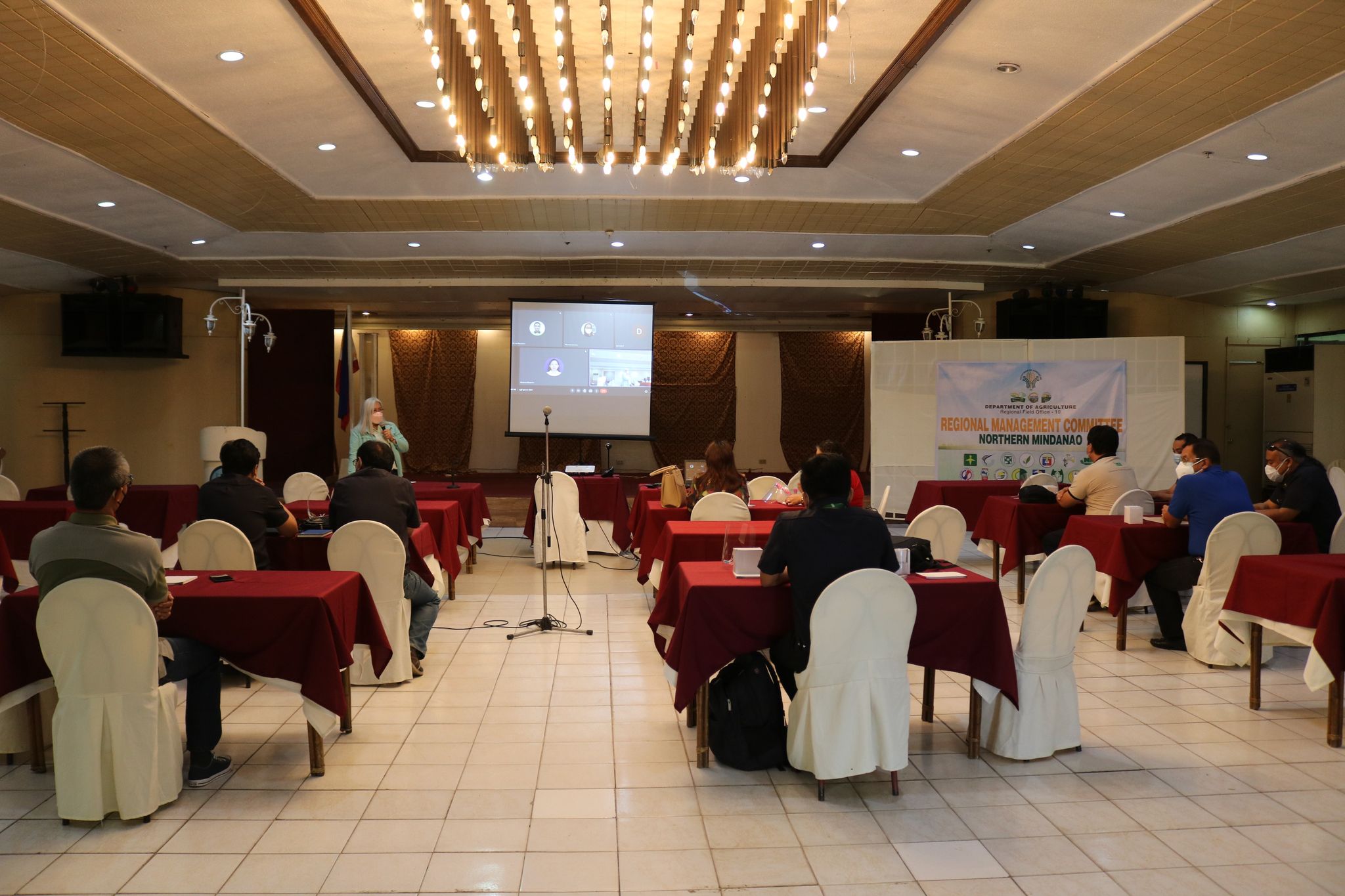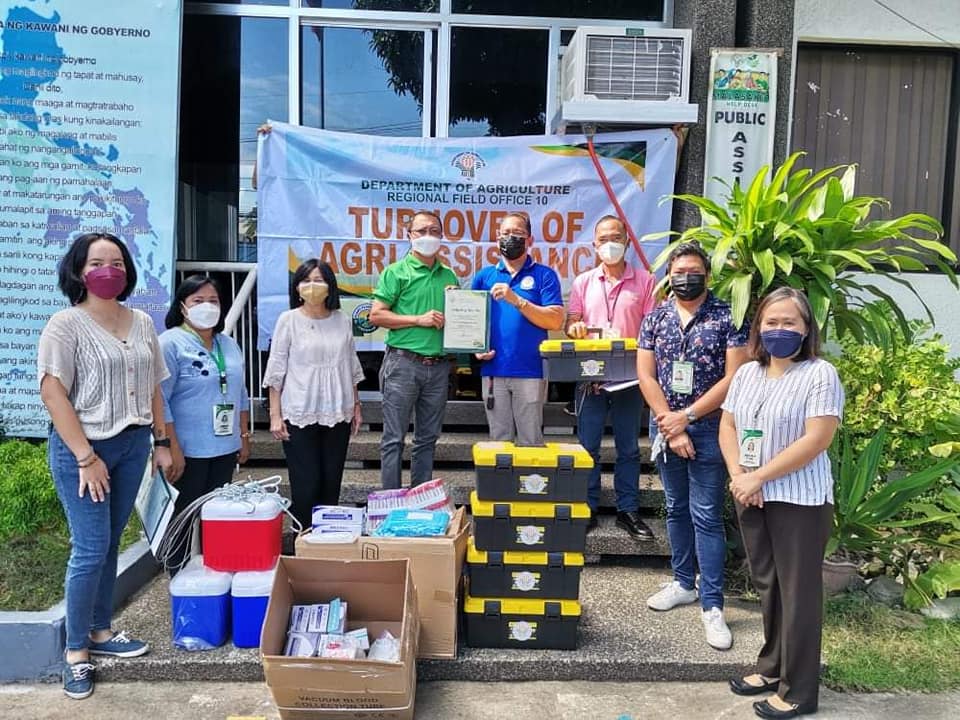
DA-BPI and BOC intensifies its collective efforts against the smuggling of agri-commodities in Region 10.
CAGAYAN DE ORO CITY – In a joint effort to deepen the anti-smuggling of agricultural products, the DA-Bureau of Plant Industry- Plant Quarantine Service (DA-BPI PQS) and the Bureau of Customs (BOC) in Northern Mindanao conducted verification and examination of the three containers at the Mindanao International Container Terminal, Tagoloan, Misamis Oriental on Friday, October 29.
The verification is an outcome of the strengthened partnership of the said agencies on the declared imported commodity as frozen malt from China that arrived on October 20, 2021, but was found as fresh red onions and wonton skin.
The BOC team was spearheaded by BOC Intelligence Officer Abdel Sultan, Jover Umpar Customs Officer III, Customs Police, and a representative from Chamber of Customs Brokers, Inc., and DA-BPI PQS 10 Regional Manager Manuel A. Barradas with Plant Quarantine Officers Arnold Dela Cruz, Jr. and John M. Ermina.
It can be recalled that DA-10 Regional Executive Director Carlene C. Collado earlier met BOC District Collector 10 Atty. Elvira Cruz with BOC Deputy Collector for Administration and Senior OSM, Atty. Roswald Joseph Pague, DA-BPI and DA-BAI in the presence of solidifying partnership in curtailing smuggled agri commodities in Region 10.
“In view of the report on the undocumented consignment that was transported into the country through sea and air, the DA-BPI pushes its fight against agricultural commodity smuggling in coordination with the Bureau of Customs to curb these illegal activities,” said Barradas.
The BOC examiner will submit his recommendations to BOC legal officer for issuance of a warrant of seizure and detention of the said commodity. The schedule of proper disposal will be set later. # (ATC/Photos supplied: AdelaCruz/JERmina)

